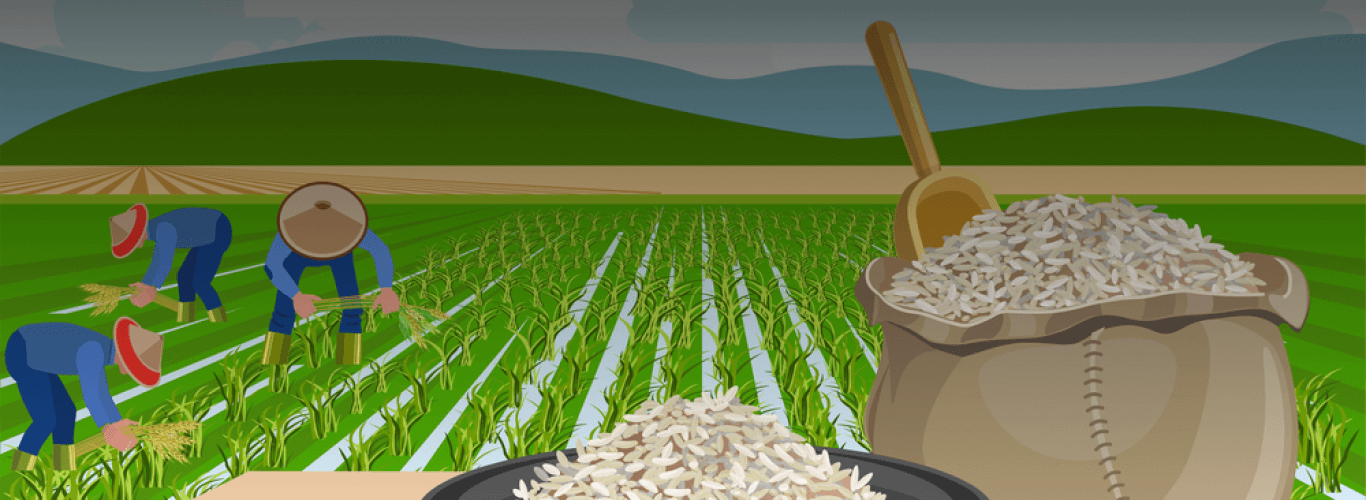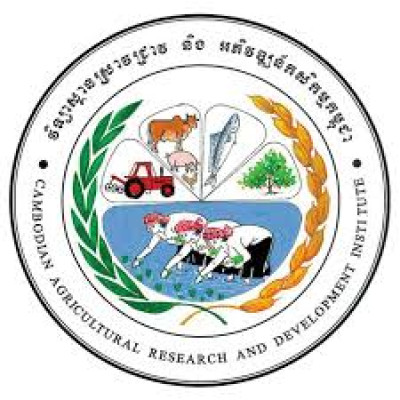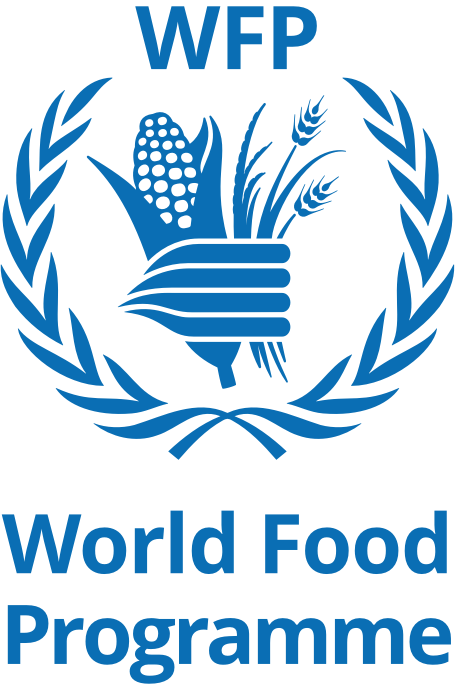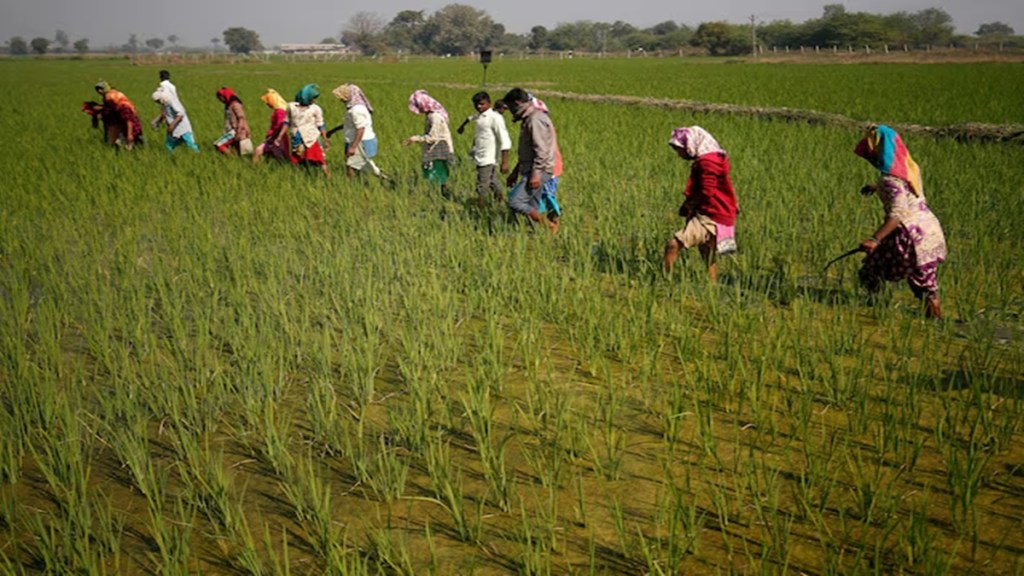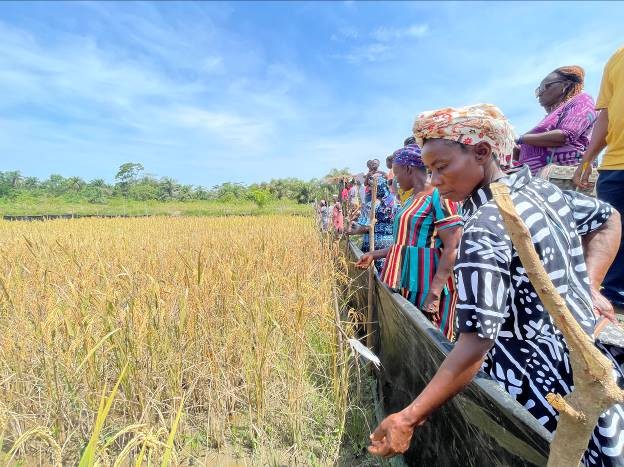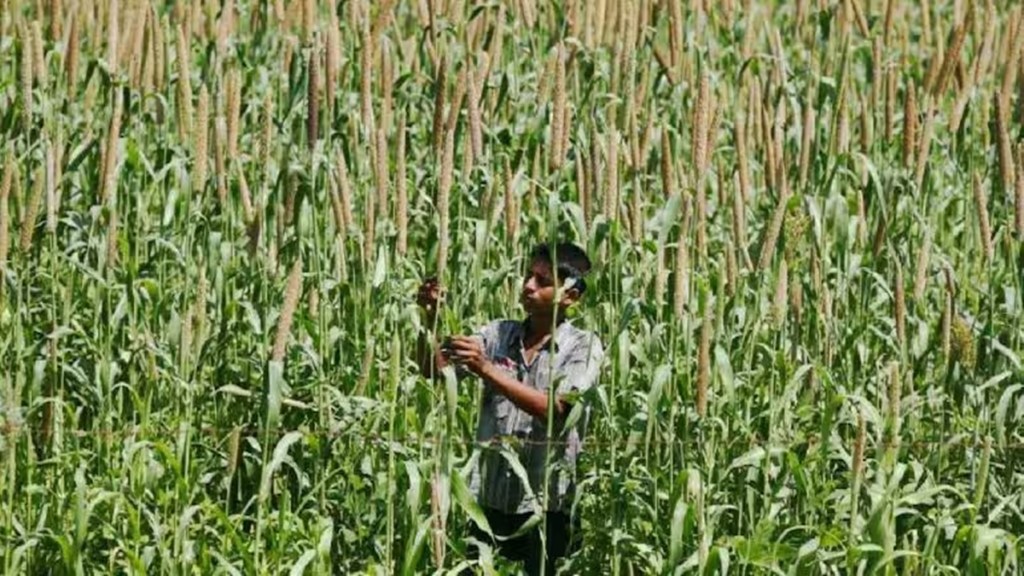Weekly Rice Market
(Indicative Quotes)
Basmati Rice
Basmati Rice | Indicative Quotes | Updated Weekly
Global Market | White Rice
White Rice | Indicative Quotes | Updated Weekly
| Origin | Type of Rice | Variety Name | Broken | Price | Change | High | Low |
|---|---|---|---|---|---|---|---|
| India | Milled White Rice | Long Grain | 5% | $385 | +2 | $496 | $380 |
| Pakistan | Milled White Rice | Long Grain | 5% | $393 | +2 | $640 | $381 |
| Pakistan | Milled White Rice | Long Grain | 5% | $590 | +2 | $613 | $488 |
| Thailand | Milled White Rice | Long Grain | 5% | $436 | +8 | $669 | $399 |
| Thailand | Milled White Rice | Long Grain | 5% | $596 | +8 | $659 | $469 |
| U.S | Milled White Rice | Long Grain | 4% | $675 | -2 | $818 | $675 |
| U.S | Milled White Rice | Long Grain | 4% | $798 | -2 | $798 | $708 |
| Vietnam | Milled White Rice | Long Grain | 5% | $402 | +3 | $657 | $396 |
| Vietnam | Milled White Rice | Long Grain | 5% | $579 | +3 | $667 | $445 |
News

Japan retail rice ...
Jiji Press The average price of rice at 1,000 supermarkets across Japan fell for the first time in 18 weeks in the week ended May 4, the agriculture ministry said Monday. The
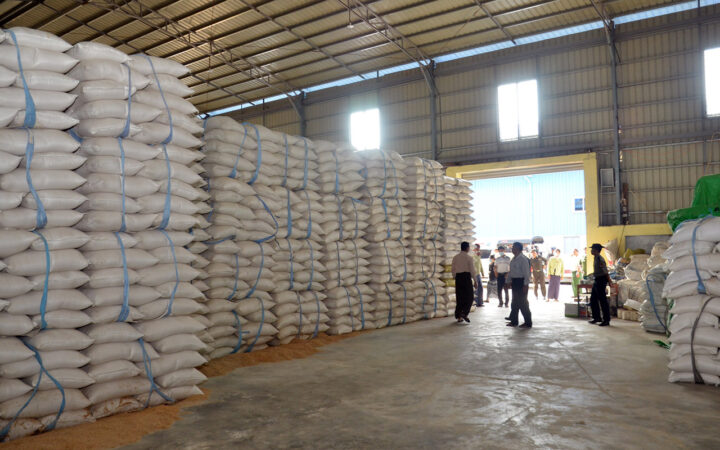
Rice flow map set ...
Nyein Nyein. A rice map showing rice flow from producing districts to markets of each region and state must be reported, according to the Myanmar Rice Federation

DA: P20/kilo rice ...
Bella Cariaso – The Philippine Star MANILA, Philippines — As the 10-day ayuda ban distribution ended after the midterm elections, the Department of Agriculture (DA) will

Cotton, rice stock...
By John Perkins. The USDA is projecting larger cotton and rice stocks in the coming marketing year. New crop rice ending stocks are seen at 47.5 million hundredweight, with
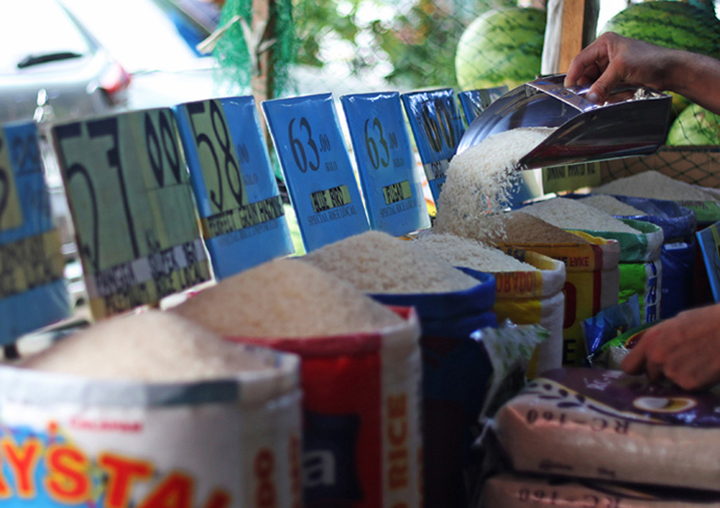
Rice imports fall ...
Ada Pelonia The slide in international prices did not translate into more rice purchases for the Philippines, based on the latest government data which indicated that arrivals as

Explained: Why far...
The reason isn’t assured MSP procurement alone. It is also because of the two cereal crops receiving priority in public breeding and research support, reflected in steady yield

When P20 Per Kilo ...
Jullian Luchavez Rice is a staple food for Filipinos, and with prices surging since 2023, populist politicians make rhetoric out of rice costs, targeting those most affected by

Why the free trade...
All Indian exports to the UK will now enjoy zero-duty benefits, opening access to one of the world’s most affluent and consumption-driven markets. Sonal Khetarpal In Short

Asia Rice – ...
HANOI (Reuters): Indian rice export prices dropped to a near two-year low this week, weighed down by weaker demand and depreciation in the rupee, while Thai rates rose to a more
Featured Registered Companies
Statistics
Sustainable Rice
Farmers Place
Forex Rates
Open Market Forex Rates
Updated at:
From | ||
|---|---|---|
To | ||
| Countries | Currency | Spot Rate |

Enjoyed the read?
Join our monthly newsletter for helpful tips on how to run your business smoothly





